What are the foods that nourish the stomach? I believe you have some knowledge that many of our ingredients have stomach nourishing effects, and different stomach nourishing ingredients will have different ways of eating. Here, we summarize the 8 most common stomach nourishing foods for everyone. Don't miss them.
8 well-known stomach nourishing foods
Xiaomi: Xiaomi's protein includes various types such as gluten, alcohol protein, globulin, etc. Seed proteins contain high levels of glutamic acid, proline, alanine, and methionine. Traditional Chinese medicine believes that millet can invigorate the spleen and stomach, nourish deficiency and damage, harmonize the middle and benefit the kidneys, and remove heat and detoxify. Treat spleen and stomach deficiency heat, nausea and vomiting, thirst quenching, and diarrhea. Xiaomi contains various functional factors that are beneficial to sexual health, such as enhancing male potency, nourishing yin, and promoting eugenics.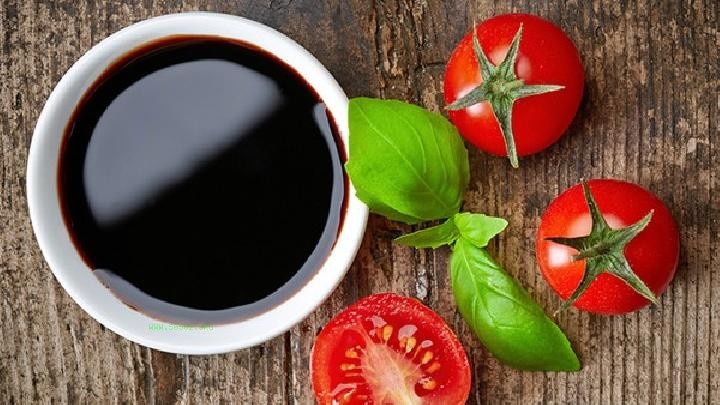 Poria cocos: Poria cocos is sweet, light, and has a flat nature. It has the effects of strengthening the spleen and stomach, removing dampness and promoting diuresis, and has anti-aging effects. In addition to the most common tuckahoe cake, you can grind tuckahoe into powder and put it into Congee to eat, or mix honey and put it on the cake to steam and eat. In the Compendium of Materia Medica, it is recorded that Poria cocos has a light and pungent odor, and its nature is upward. It produces fluids, opens pores, nourishes water sources, and decreases, promoting urination. Therefore, Zhang Jiegu referred to it as yang, floating and rising, indicating its nature; Dongyuan refers to it as the yin within the yang, descending and demonstrating its merits.
Poria cocos: Poria cocos is sweet, light, and has a flat nature. It has the effects of strengthening the spleen and stomach, removing dampness and promoting diuresis, and has anti-aging effects. In addition to the most common tuckahoe cake, you can grind tuckahoe into powder and put it into Congee to eat, or mix honey and put it on the cake to steam and eat. In the Compendium of Materia Medica, it is recorded that Poria cocos has a light and pungent odor, and its nature is upward. It produces fluids, opens pores, nourishes water sources, and decreases, promoting urination. Therefore, Zhang Jiegu referred to it as yang, floating and rising, indicating its nature; Dongyuan refers to it as the yin within the yang, descending and demonstrating its merits.
Lotus seeds: Lotus seeds have a mild medicinal property and a slightly sweet taste. Traditional Chinese medicine believes that they can nourish the spleen and stomach qi, have the effect of stopping diarrhea, and also have the effect of nourishing the heart and calming the mind. It should be noted that lotus seeds need to be removed from the heart before consumption. The description of lotus seeds in the "Compendium of Materia Medica" is: "Lotus has a sweet taste, a bitter nature due to high temperature, and possesses a clear and fragrant aroma. It has the taste of crops and is the fruit of the spleen. Soil is the mother of vital energy, and the mother's qi is harmonious with the body fluid. The spirit is self generated, and it can endure aging for a long time. In the past, people used to treat heart kidney disharmony, labor injury, and white turbidity, and had the" Clear Heart Lotus Seed Drink ";" Nourishing the heart and kidneys, nourishing essence and blood, and having the "Rui Lian Wan", all of which followed this principle. "[SEP] Its function is similar to that of lotus seeds, but its astringent effect is stronger than that of lotus seeds. If the spleen and stomach are weak and diarrhea occurs, water chestnuts can also help stop diarrhea. As the fruit is hard, it should be boiled for a long time. It can also be made into powder and put into Congee. In the record of "Seeking Truth from Materia Medica", it is mentioned that "how to nourish the spleen with water chestnut is due to its sweet taste; how to strengthen the kidneys with water chestnut is due to its astringent taste. Only with its sweet taste can it nourish the spleen, promote diuresis, and treat diarrhea and abdominal pain; only with its astringent taste, it can close the breath, and make the stagnation, diarrhea, and urination all heal. Its function is similar to that of yam, but the yin of yam is already greater than that of water chestnut, and the astringency of water chestnut is even greater than that of yam; and yam also replenishes lung yin, while water chestnut stops at the spleen and kidneys rather than the lungs."
Kelp: Kelp is a vegetable with high nutritional value and also has certain medicinal value. Rich in mineral elements such as iodine. Kelp has low calorie content, moderate protein content, and abundant minerals. Kelp has various biological functions such as lowering blood lipids, blood sugar, regulating immunity, anticoagulant, anti-tumor, lead detoxification, and antioxidant. Research has shown that kelp belongs to alkaline foods, and its high iodine content can promote the metabolism of triglycerides in the blood, prevent blood acidification, help lubricate the intestines and promote bowel movements. It is also low in calories and rich in dietary fiber, which can accelerate intestinal movement. In addition, kelp also contains alginate, which can reduce the ability of the intestine to absorb radioactive element strontium and excrete it from the body. It not only detoxifies and loses weight, but also plays a role in preventing leukemia, killing two birds with one stone. Black fungus: Black fungus contains protein, fat, carbohydrates, and various vitamins and inorganic salts. Some of the nutrients in black fungus are significantly higher than those in other foods. Its protein content is equivalent to meat, and its vitamin B2 content exceeds that of rice, noodles, vegetables, and meat. Its iron content is 100 times higher than meat, and its calcium content is 30-70 times that of meat. It also contains phosphorus and sulfur, which are the main components of human cell cytoplasm. Black fungus is the most excellent clock worker for reducing intestinal aging. The plant gum contained in it has strong adsorption ability, which can quickly absorb unhealthy substances such as dust and impurities remaining in the intestines, and concentrate them to be excreted from the body, playing a role in cleaning the blood and washing the intestines.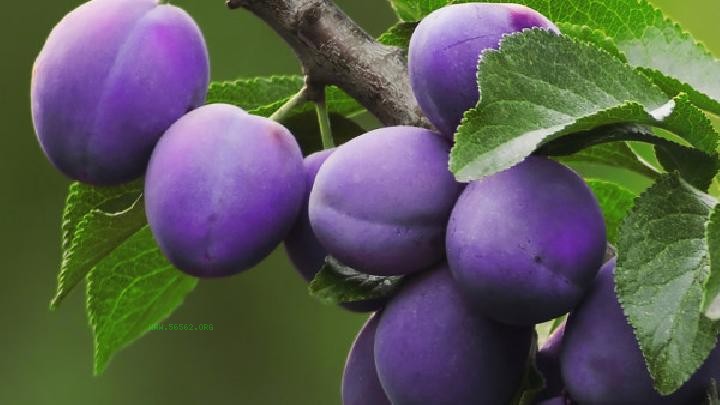 Yam: Yam contains starch amylase that can break down starch, which is three times higher than that in radish. When consumed during bloating, it has a digestive promoting effect, can remove discomfort symptoms, and is beneficial for improving the digestive and absorption functions of the spleen and stomach. The amylase, polyphenol oxidase and other components contained in yam can improve the digestion and absorption function of the spleen and stomach, and have therapeutic effects on spleen and stomach weakness, food shortage, fatigue, diarrhea and other diseases; The allantoin in yam helps with the repair of gastric mucosa and has a good auxiliary therapeutic effect on ulcer disease. Peanut: Peanut fruit contains protein, fat, carbohydrates, vitamin A, vitamin B6, vitamin E, vitamin K, as well as minerals such as calcium, phosphorus, and iron. It also contains 8 essential amino acids and unsaturated fatty acids for the human body, as well as substances such as lecithin, choline, carotenoids, and crude fiber. Research has shown that peanuts have a good effect on strengthening the intestines. This is because peanuts enter the spleen meridian and have the effects of nourishing the stomach, awakening the spleen, smoothing the intestines, and moistening dryness. Moreover, the unique substances such as phytic acid and plant sterols can also increase the resilience of the intestine, continuously enhancing its ability to resist external disturbances. If you want to nourish your stomach, why not eat more of the above 8 foods.
Yam: Yam contains starch amylase that can break down starch, which is three times higher than that in radish. When consumed during bloating, it has a digestive promoting effect, can remove discomfort symptoms, and is beneficial for improving the digestive and absorption functions of the spleen and stomach. The amylase, polyphenol oxidase and other components contained in yam can improve the digestion and absorption function of the spleen and stomach, and have therapeutic effects on spleen and stomach weakness, food shortage, fatigue, diarrhea and other diseases; The allantoin in yam helps with the repair of gastric mucosa and has a good auxiliary therapeutic effect on ulcer disease. Peanut: Peanut fruit contains protein, fat, carbohydrates, vitamin A, vitamin B6, vitamin E, vitamin K, as well as minerals such as calcium, phosphorus, and iron. It also contains 8 essential amino acids and unsaturated fatty acids for the human body, as well as substances such as lecithin, choline, carotenoids, and crude fiber. Research has shown that peanuts have a good effect on strengthening the intestines. This is because peanuts enter the spleen meridian and have the effects of nourishing the stomach, awakening the spleen, smoothing the intestines, and moistening dryness. Moreover, the unique substances such as phytic acid and plant sterols can also increase the resilience of the intestine, continuously enhancing its ability to resist external disturbances. If you want to nourish your stomach, why not eat more of the above 8 foods.
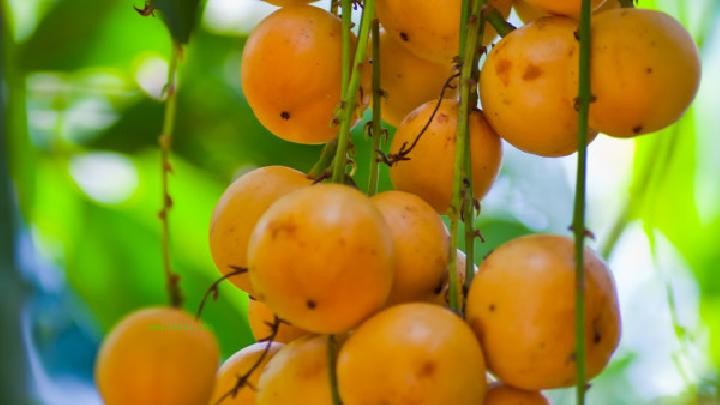
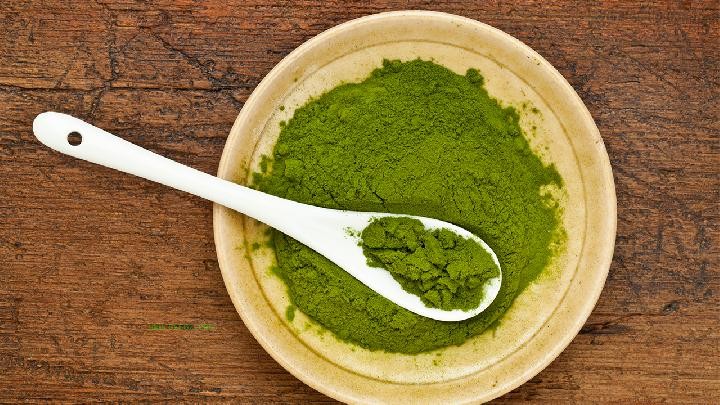

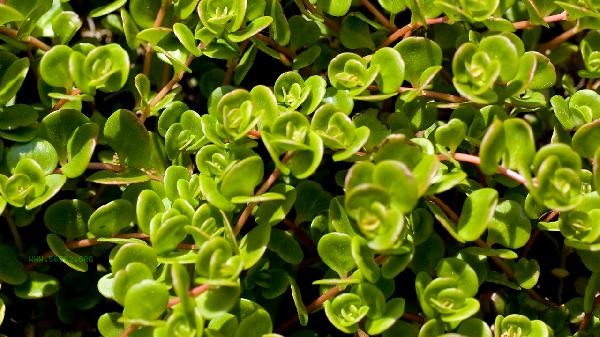


Comments (0)
Leave a Comment
No comments yet
Be the first to share your thoughts!